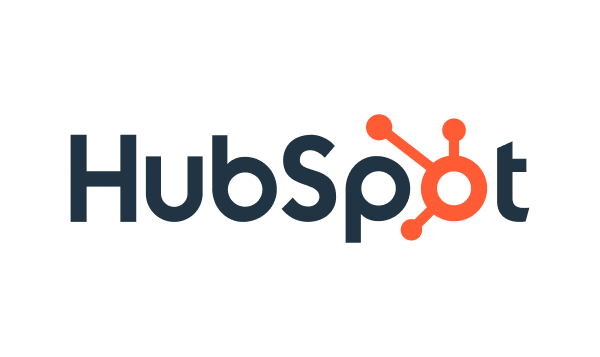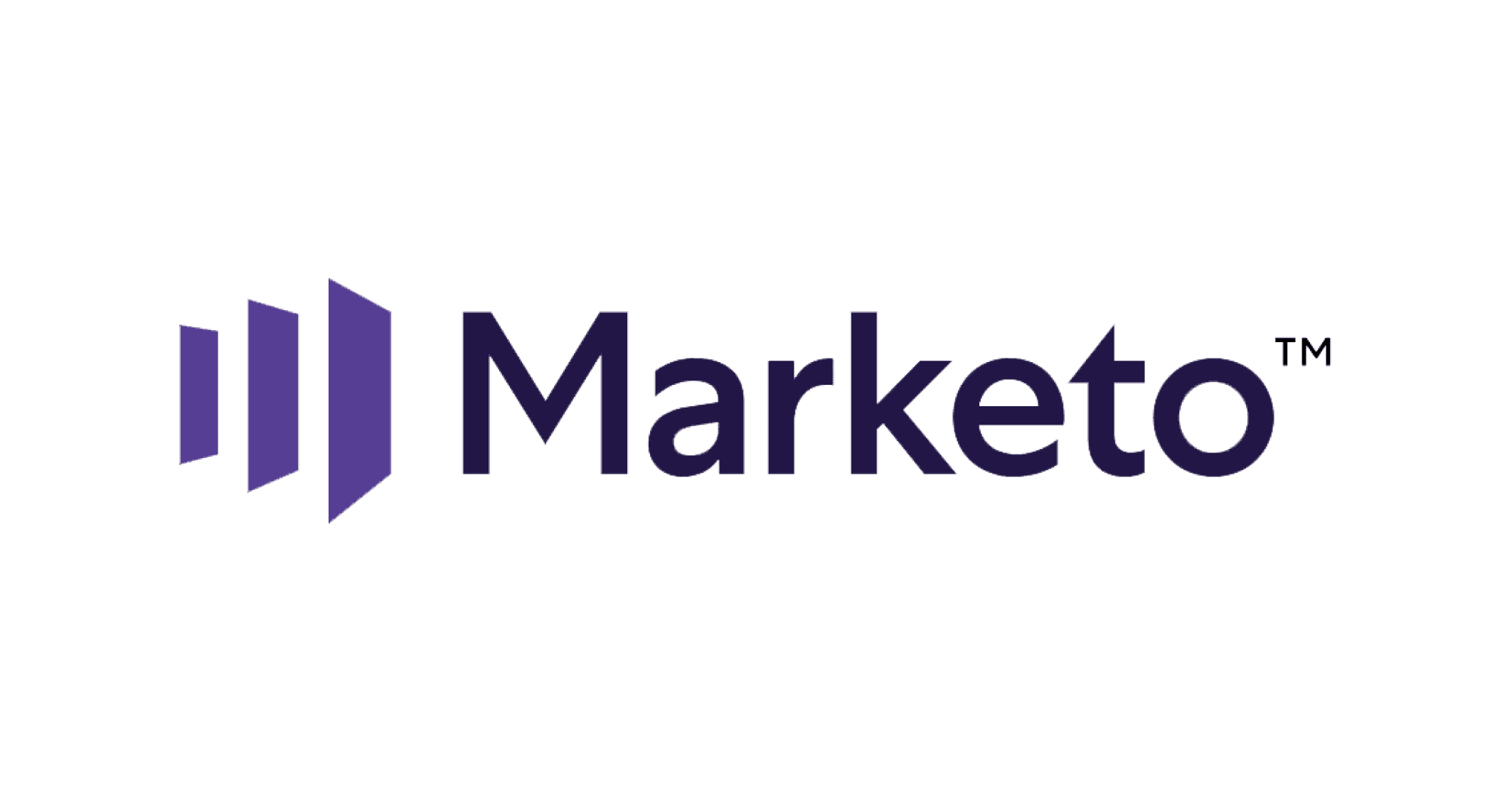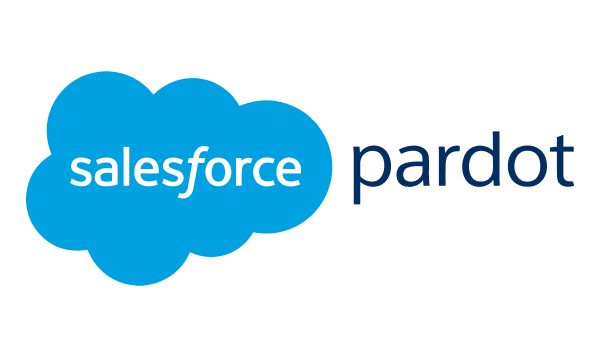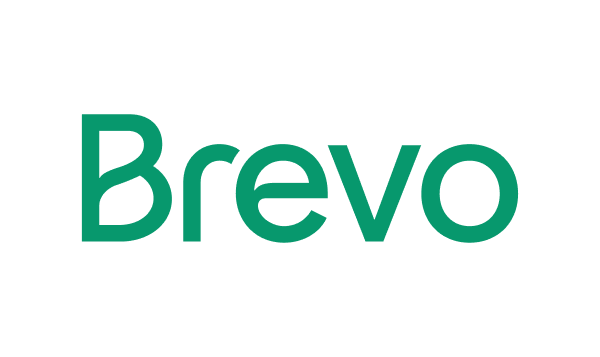Eloqua stands as a powerhouse in B2B marketing automation, delivering sophisticated email campaign management, advanced lead scoring, and deep CRM add-ons. With robust behavioral tracking, comprehensive analytics, and enterprise-grade segmentation capabilities, Eloqua has earned its reputation among Fortune 500 businesses seeking complex automation workflows and advanced functionalities.
However, Eloqua’s complexity and premium pricing often leave businesses searching for more accessible bulk email services. So whether you’re looking for better value, simpler implementation, or specialized features, I gathered 8 of my favorite tools that can match Eloqua’s core capabilities while addressing its common pain points.
Disclaimer: This article evaluates Eloqua alternatives, including Sender, which our company owns. Assessments are based on research, industry standards, and user feedback. No commissions are earned from links in this article.
Why Consider Eloqua Alternatives?
While Eloqua delivers enterprise-grade marketing automation, several limitations drive businesses to explore and engage with other options. Let’s review them:
- High cost and complex pricing structure. Eloqua’s pricing typically starts around $2,000+ per month and is relatively confusing to understand. The platform often requires additional consulting fees and extended implementation timelines that can stretch budgets further;
- Steep learning curve & setup complexity. Users frequently cite Eloqua’s overwhelming interface and complicated workflow creation process. The platform demands significant training investment and often requires dedicated technical staff to maximize its potential (G2);
- Overwhelming marketing tools. Many businesses find Eloqua’s extensive feature set unnecessary for their marketing goals. Companies seeking straightforward email marketing and basic automation system often feel buried under enterprise features they’ll never use (G2);
- Limited flexibility in campaign creation. Despite its power, Eloqua’s rigid structure can make simple campaign modifications time-consuming. Users report frustration with basic tasks that competitors handle more intuitively (G2);
- Integration challenges. While Eloqua integrates well with Oracle products, connecting with non-Oracle tools often requires custom development work that adds cost and complexity (G2).
Best Eloqua Alternatives: A Snapshot
- Sender — Best Eloqua Alternative for Email Marketing;
- HubSpot — All-in-One Marketing Automation Software Platform;
- Marketo — Enterprise Marketing Automation for B2B;
- Pardot — Salesforce-Native Marketing Automation Software;
- ActiveCampaign — Advanced Email Marketing on a Budget;
- Mailchimp — User-Friendly Email Marketing Platform;
- Klaviyo — Data-Driven Marketing Automation for Ecommerce;
- Brevo — Multi-Channel Marketing Automation Solution.
| Platform | Starting Price | Best For | Key Strength |
| Sender | $7/month | Email marketing focus | Generous free plan with advanced features; 24/7 human support |
| HubSpot | $10/month | All-in-one marketing | Comprehensive inbound marketing ecosystem; user-friendly UI |
| Marketo | $895/month | Enterprise B2B | Advanced lead management & attribution; lead scoring |
| Pardot | $25/month | Salesforce users | Native Salesforce integration; straightforward pricing structure |
| ActiveCampaign | $15/month | SMB automation | Powerful automation at affordable pricing; predictive sending |
| Mailchimp | $12/month | Ease of use | User-friendly interface with broad appeal; intuitive campaign tools |
| Klaviyo | $20/month | Ecommerce focus | Data-driven segmentation for online stores; unified database |
| Brevo | $20/month | Multi-channel | Email, SMS & chat in one platform; transactional email support |
8 Eloqua Alternatives Reviewed
Feeling like Eloqua might not be pulling its weight? You’re not the only one. Let’s explore some standout platforms that could better align with your marketing goals.
Sender — Best Eloqua Alternative for Email Marketing
Sender delivers sophisticated email marketing capabilities without Eloqua’s complexity or premium price tag. The platform combines intuitive design with powerful features, making it accessible for teams transitioning from enterprise-grade solutions.
Unlike Eloqua’s overwhelming interface, I found Sender’s drag-and-drop editor so intuitive that you can create ready-to-launch campaigns within minutes while maintaining professional results. The platform’s behavioral triggers and advanced segmentation tools provide the targeting precision businesses expect from enterprise solutions.
For businesses seeking Eloqua’s email marketing power without the enterprise overhead, Sender provides the sweet spot of functionality and simplicity. And with one of the most generous Free forever plans on the market—complete with unlimited automation and segmentation—Sender cements its place as the best free email marketing solution company of any size can find today.
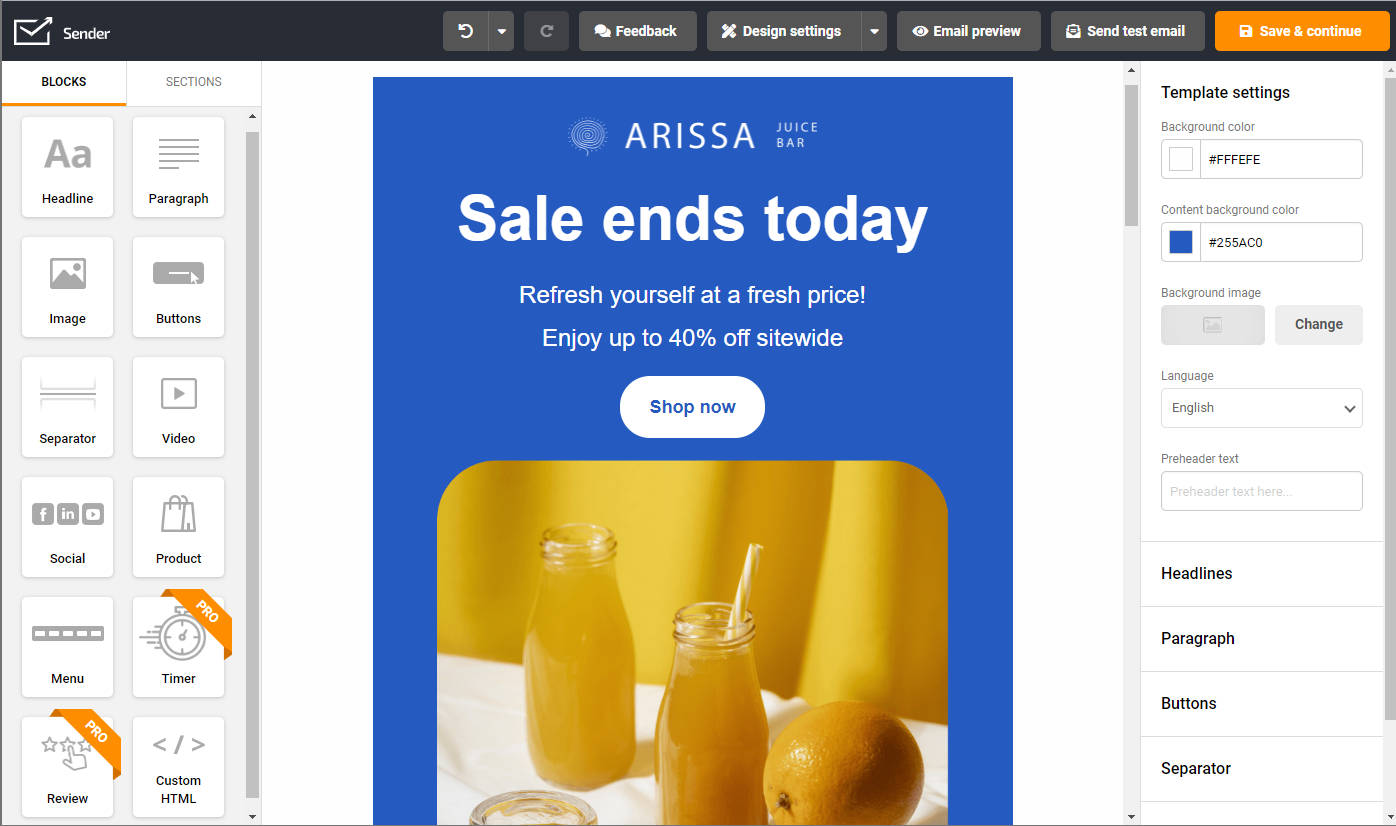
Standout Features
- Advanced automation workflows;
- Intuitive landing page builder;
- SMS marketing;
- 24/7 human support;
- Modern email templates.
Sender’s Pricing
Here’s an overview of Sender’s pricing:
- Free: $0 (2,500 contacts—15,000 emails/month);
- Standard: $7/month (1,000 contacts—12,000 emails/month);
- Professional: $14/month (1,000 contacts—24,000 emails/month);
- Enterprise: Custom pricing.
HubSpot — All-in-One Marketing Automation Software Platform
HubSpot offers comprehensive inbound marketing tools that rival Eloqua’s capabilities while maintaining user-friendly implementation. This marketing automation platform combines email marketing, CRM, content management, and analytics in one powerful tool that manages to eliminate the add-on switching common with Eloqua integrations.
The platform’s strength lies in its unified approach where marketing, sales, and service tools work together seamlessly. That said, I’ve found that HubSpot’s reporting customization can feel limited unless you’re on a higher-tier plan, which can be frustrating when you want deeper, more tailored insights without upgrading—something that reveals how unreasonable HubSpot’s pricing structure is.
On the other hand, HubSpot’s freemium plan allows businesses to start immediately and scale as needed, making it easy to optimize campaigns and enhance marketing efforts accordingly.
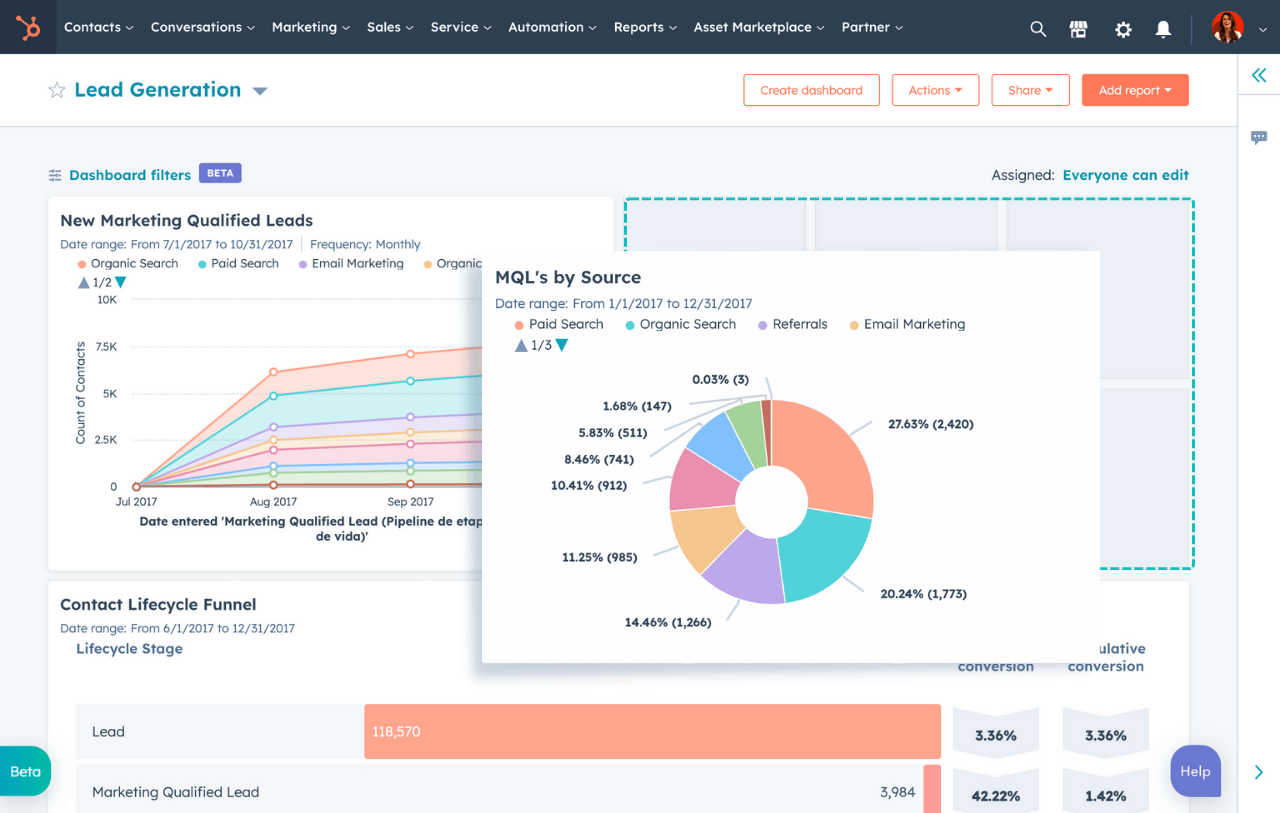
Standout Features
- Intelligent audience personalization;
- Seamless lead capture experiences;
- Dynamic progressive profiling;
- Comprehensive campaign performance analytics;
- All-in-one integrated marketing toolkit.
HubSpot Pricing
Here’s a breakdown of Hubspot’s pricing structure:
- Free: $0 (2,000 email sends/month);
- Marketing Hub Starter: $10/month (up to 1,000 contacts—5,000 emails/month);
- Marketing Hub Professional: $917/month (up to 2,000 contacts—20,000 emails/month).
Marketo — Enterprise Marketing Automation for B2B
Marketo provides enterprise-level marketing automation specifically designed for B2B organizations seeking sophisticated lead management capabilities.
Coming from Adobe, an industry behemoth known for its state-of-the-art design tools, Marketo offers the enterprise-grade features that only a few platforms offer with the same depth and flexibility.
I found Marketo to be great at complex lead scoring, multi-touch attribution, and account-based marketing campaigns—few areas that large B2B organizations require. Meanwhile, its revenue cycle analytics provide detailed insights into marketing’s contribution to sales pipeline, enabling businesses to refine and adjust their marketing strategies over time.
If there’s one downside of this Eloqua alternative it must be its confusing pricing plan—not to mention the steep starting price tag that only larger enterprises will be able to afford.
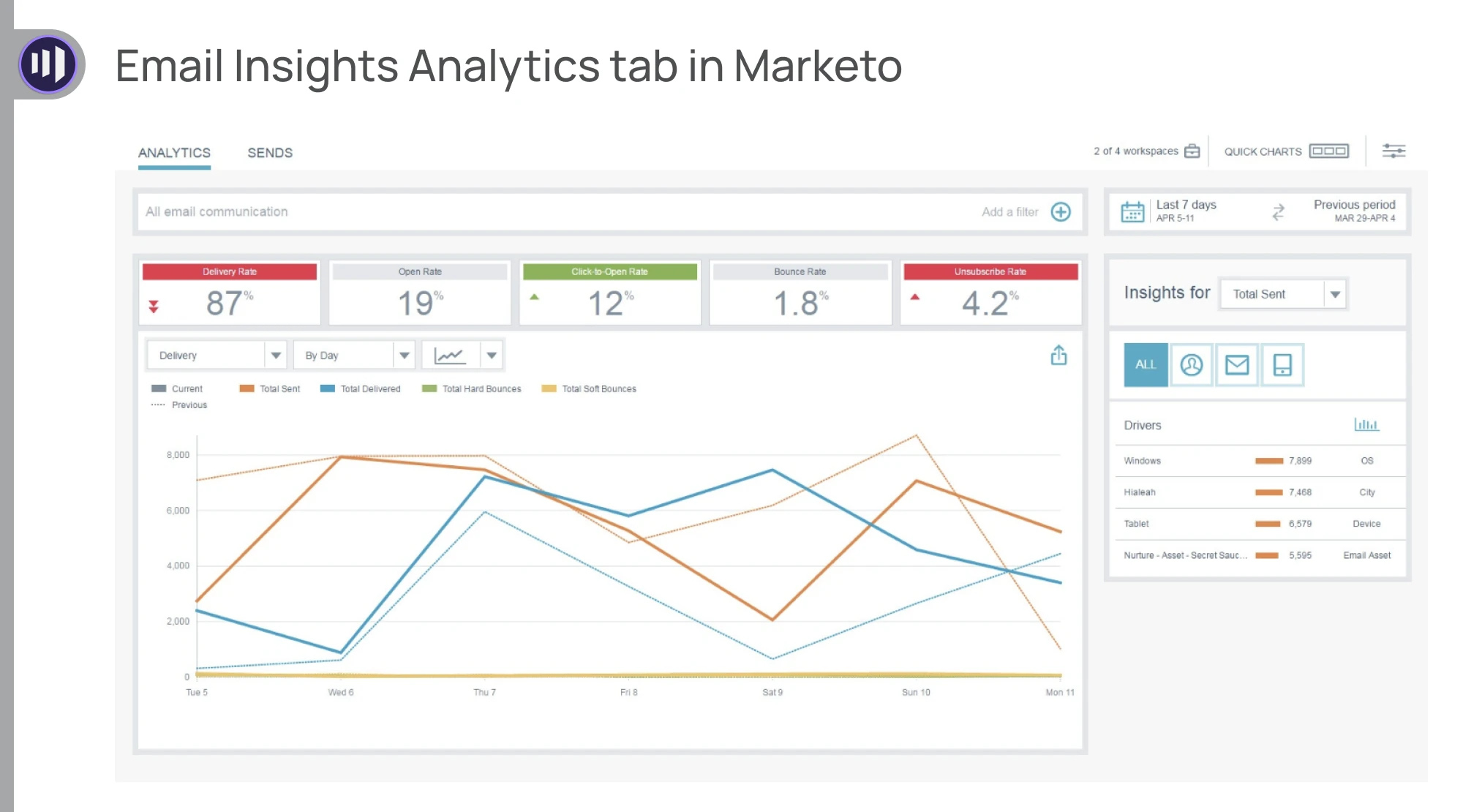
Standout Features
- User-friendly interface;
- Top-notch lead tracking & scoring;
- Seamless Salesforce integration;
- Comprehensive documentation.
Marketo’s Pricing
Here’s Marketo’s pricing plan in full:
- Growth: $895/month (database up to 50,000 contacts);
- Select: $1,795/month (database up to 25,000 contacts);
- Prime: $3,175/month (database up to 75,000 contacts);
- Ultimate: Custom pricing (database up to 150,000 contacts).
Also read: 10 Best Marketo Alternatives & Competitors (2025)
Pardot — Salesforce-Native Marketing Automation Software
Pardot, more widely known as Salesforce Marketing Cloud, provides seamless integration with Salesforce CRM among other robust features, including a centralized database.
The platform also offers enterprise-grade automation with the advantage of native CRM integration that Eloqua users often struggle to achieve, making it a strong choice for those seeking Mailchimp alternatives.
For Salesforce users, Pardot sidesteps the integration hurdles I experienced with Eloqua. While its B2B specialization and native Salesforce architecture makes it a compelling choice for enterprise teams with specific needs in lead nurturing and scoring.
Finally, Pardot’s pricing structure often proves to be more transparent than Eloqua’s complex enterprise negotiations—another win for this Eloqua alternative that has clearly earned its spot on the list.
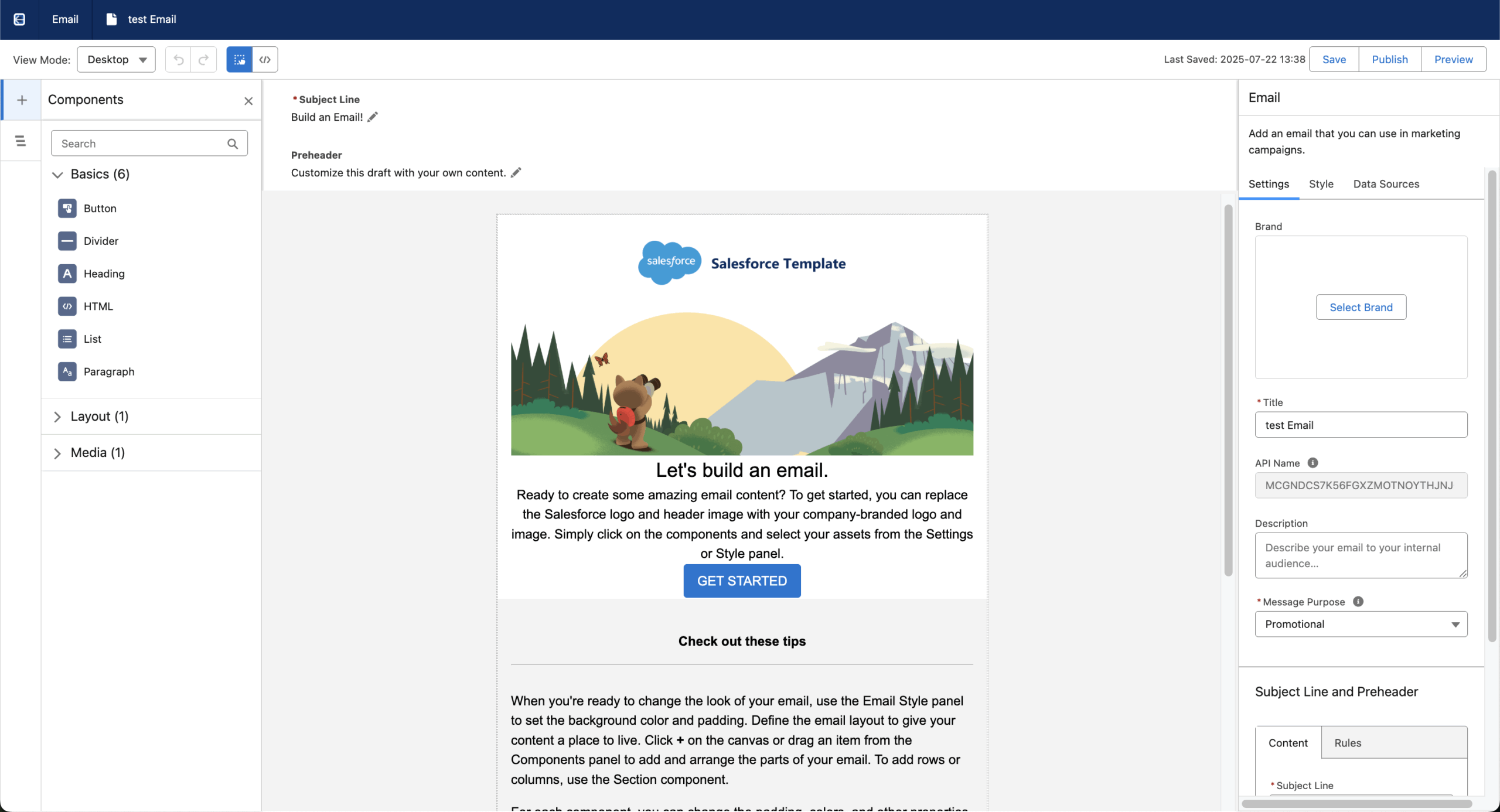
Standout Features
- Advanced customer journey mapping;
- Extensive API;
- Multi-channel marketing;
- Enterprise-grade security.
Pardot’s Pricing
Here’s a complete breakdown of Pardot’s pricing plan:
- Starter plan: $25/month (2,500 contacts);
- Pro plan: $100/month (2,500 contacts);
- Marketing Cloud Growth Edition: $1,500/month (10,000 contacts);
- Marketing Cloud Advanced: $3,250/month (10,000 contacts).
Also read: 10 Pardot Alternatives: Best Email Automation Software in 2025
ActiveCampaign — Advanced Email Marketing on a Budget
ActiveCampaign delivers sophisticated automation capabilities at a fraction of Eloqua’s cost, making enterprise-grade lead generation features accessible to mid-market marketers and small businesses.
The platform’s visual automation builder also rivals Eloqua’s workflow capabilities while maintaining user-friendliness that removes the need to spend hours on documentation or tutorials.
The platform combines email marketing, marketing automation, CRM, and messaging in one affordable solution. ActiveCampaign’s machine learning features provide predictive sending and content optimization I found to be on par with enterprise-grade platforms while remaining accessible to smaller teams.
For businesses looking for Eloqua’s automation power without enterprise pricing, this budget-friendly Eloqua alternative provides a compelling value proposition that shouldn’t be overlooked.
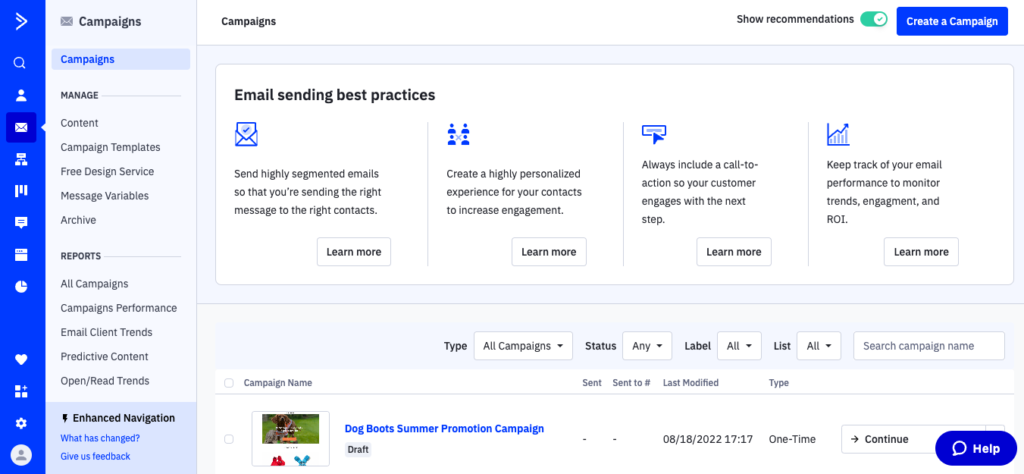
Standout Features
- Sophisticated automation workflows;
- Premium predictive sending capabilities;
- Integrated CRM system;
- Access to 870+ third-party integrations.
ActiveCampaign’s Pricing
Here’s a breakdown of ActiveCampaign’s pricing:
- 14-day free trial: $0 (100 email sends);
- Starter plan: $15/month (1,000 contacts—10,000 emails/month);
- Plus plan: $49/month (1,000 contacts—10,000 emails/month);
- Pro plan: $79/month (1,000 contacts—12,000 emails/month);
- Enterprise: $145/month (1,000 contacts—15,000 emails/month).
Mailchimp — User-Friendly Email Marketing Platform
Mailchimp, the household name in email marketing, provides accessible email marketing services with growing automation capabilities that serve businesses seeking simpler alternatives to Eloqua’s complexity.
The platform’s reputation as a go-to newsletter software makes it attractive for teams wanting immediate productivity without extensive training.
While lacking Eloqua’s enterprise features, including advanced lead scoring or predictive insights, Mailchimp offers sufficient automation, segmentation, and analytics for most mid-market marketing needs.
Meanwhile, the platform’s extensive template library and intuitive design tools enable quick campaign creation that contrasts favorably with Eloqua’s complex setup processes. However, Mailchimp does charge for inactive or unsubscribed contacts, while phone support is reserved for higher-tier plans—something to keep in mind when you consider this Eloqua alternative.
All in all, Mailchimp’s transparent pricing and immediate setup will appeal to businesses frustrated with Eloqua’s implementation requirements and often overwhelming complexity.

Standout Features
- User-friendly email builder;
- Landing page design tools;
- Comprehensive analytics;
- Enhanced segmentation capabilities;
- Effortless ecommerce integrations.
Mailchimp Pricing
Let’s take a look at Mailchimp pricing plans:
- Free plan: $0 (500 contacts—1,000 emails/month);
- Essentials: $12/month (500 contacts—5,000 emails/month);
- Standard: $20/month (500 contacts—6,000 emails/month);
- Premium plan: $299/month (10,000 contacts—150,000 emails/month).
Klaviyo — Data-Driven Marketing Automation for Ecommerce
Klaviyo, another well-known name in the industry, specializes in ecommerce marketing automation with deep data integration capabilities. For retail and ecommerce businesses using Eloqua, Klaviyo offers industry-specific features that deliver better results for digital stores.
From my time with Klaviyo, the platform really shines in how it unifies customer data from multiple touchpoints—it builds detailed profiles of customers that boost sophisticated segmentation and personalization effectiveness.
I’ve also found Klaviyo’s predictive analytics and product recommendation engine especially great when it comes to ecommerce—advanced features that more run-of-the-mill marketing automation services like Mailchimp often can’t match (at least not on starter tiers).
For ecommerce businesses seeking alternatives to Eloqua’s generic B2B focus, Klaviyo gets my full recommendation, as it offers not only specialized tools, but a freemium plan as well.
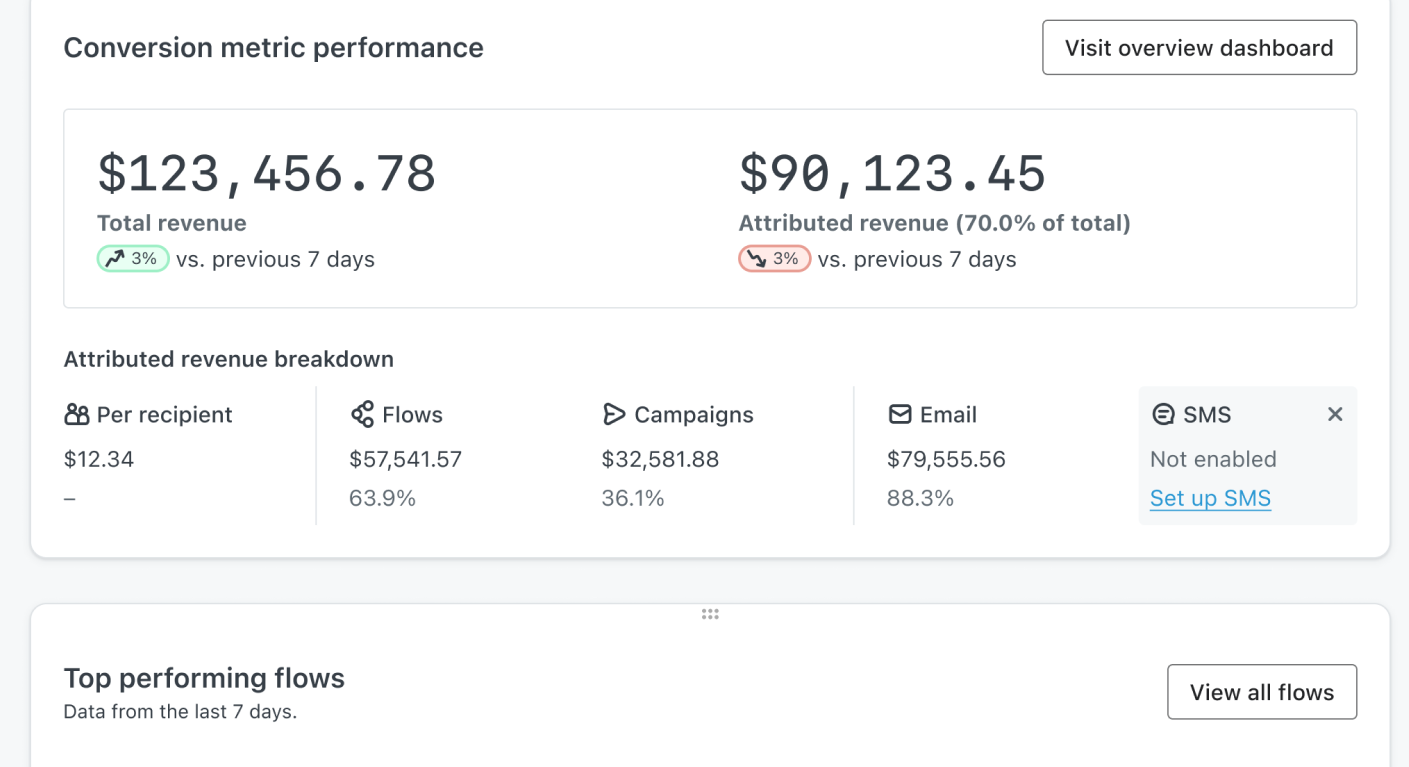
Standout Features
- Great revenue attribution & ROI tracking;
- Robust automation features;
- Seamless ecommerce integrations;
- Impressive predictive analytics;
- Advanced customer lifetime value feature.
Klaviyo’s Pricing
Here’s a more comprehensive look at Klaviyo’s pricing:
- Free: $0 (250 contacts—500 emails/month, includes 150 SMS credits);
- Email + SMS: $20/month (500 contacts—5,000 emails/month, includes 150 SMS credits).
Brevo — Multi-Channel Marketing Automation Solution
Last on the list, Brevo combines email, SMS, and chat marketing in one neat platform. This multi-channel marketing automation solution also offers enterprise-level features at mid-market pricing, making sophisticated automation accessible to businesses seeking affordable all-in-one service.
From my experience with Brevo, what really sets it apart is its unified approach to customer communication. I’ve been able to coordinate campaigns seamlessly across email, SMS, and chat from one place.
Its automation workflows let me trigger actions across multiple channels based on customer behavior. While Brevo is no Sender when it comes to deep branching logic—which is quite limited in Brevo—it still offers enough perks and features to secure its place as one of the better Eloqua alternatives.
If Brevo’s limitations don’t align with your needs, exploring Brevo alternatives might direct you towards better-suited solutions for your specific needs.
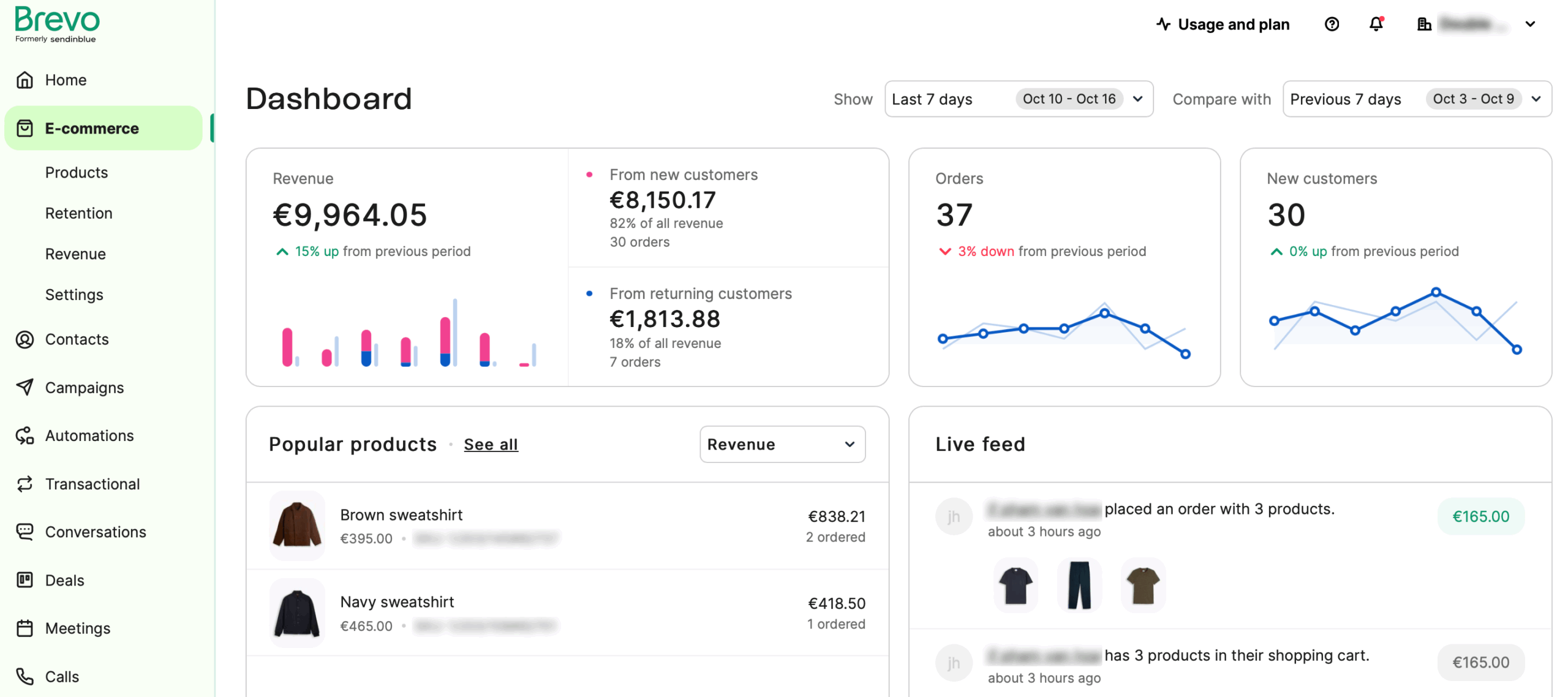
Standout Features
- All-in-one marketing solution;
- Transactional email engine;
- Built-in CRM;
- Extensive prebuilt automations;
- Dynamic signup forms & segmentation.
Brevo’s Pricing
Here’s a breakdown of Brevo’s pricing plan:
- Free plan: $0 (500 emails/day);
- Starter: $20/month (500 contacts—5,000 emails/month);
- Mid-tier plan: $100/month (5,000 contacts—50,000 emails/month);
- Enterprise: Custom price.
How to Pick the Best from Top Eloqua Alternatives
Choosing the right Eloqua alternative depends on your specific business needs, technical requirements, and budget constraints. Many platforms offer similar capabilities, but not every service delivers all the features your business might deem useful.
Here’s a laundry list of criteria you should consider before committing to Eloqua alternative:
- Evaluate your campaign management needs. If you’re using basic Eloqua features, platforms like Mailchimp or Sender provide sufficient leads nurturing capabilities with easier management. Meanwhile, complex B2B workflows may require Marketo or HubSpot’s advanced functionalities.
- Consider your integration requirements. Salesforce users should prioritize Pardot or Marketo for native integration benefits. Businesses using diverse tool stacks may prefer HubSpot’s extensive integration marketplace or ActiveCampaign’s flexible API options.
- Assess your team’s technical expertise. Teams seeking immediate productivity should consider user-friendly options like Mailchimp or Sender. Organizations with technical resources can leverage enterprise-level platforms like Marketo or HubSpot.
- Review your budget & pricing model preferences. Transparent, usage-based pricing from email marketing software like ActiveCampaign or Klaviyo may appeal to businesses frustrated with Eloqua’s enterprise negotiation process.
- Test platform usability with free trials. Most alternatives, including Sender and Brevo, offer Free forever plans that demonstrate workflow efficiency and ease of use with no strings attached.
- Consider your industry focus. Ecommerce businesses should evaluate Klaviyo’s specialized features, while B2B organizations may prefer Marketo’s lead scoring capabilities.
Also read:


